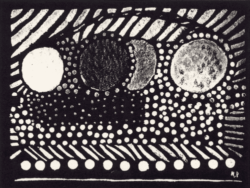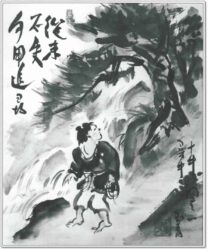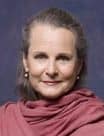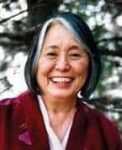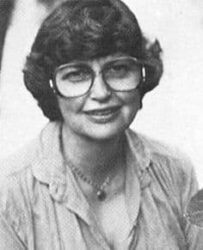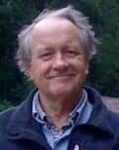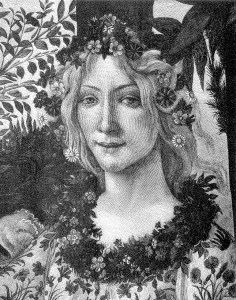A New Model of Psychological Types
This episode is the first hour of the seminar A New Model of Psychological Types.
Jung’s theory of psychological types is an attempt to make comprehensible the regular differences between individuals. His concepts of introversion and extraversion, thinking, feeling, sensation, and intuition have gained wide currency since their introduction in 1920. However, applying these concepts to practical situations is often confusing. Dr. Beebe’s new model of typology shows how the eight types relate to complexes that can be recognized in dreams and styles of behavior. The model, which permits the types to be recognized more easily and with more precision, is illustrated with examples drawn from clinical work and works of creative imagination. It was recorded in 1988.
The following diagram outlines Beebe’s framework (click image to enlarge):

Podcast: Play in new window | Download (36.4MB)
For the complete series, click here.
For all seminars by John Beebe, click here.
© 1988 John Beebe. This podcast is licensed under a Creative Commons Attribution-NonCommercial-NoDerivatives 4.0 International License. You may share it, but please do not change it, sell it, or transcribe it.
Music by Michael Chapman
Edited and produced by Benjamin Law


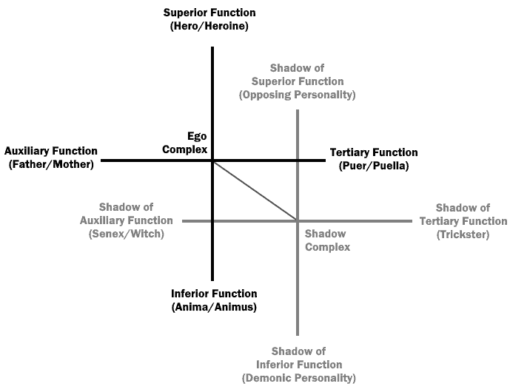
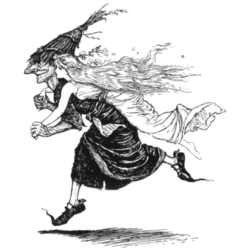
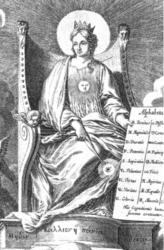
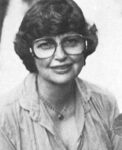
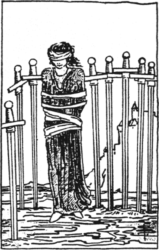 with Brenda Donahue, RN, LCSW
with Brenda Donahue, RN, LCSW